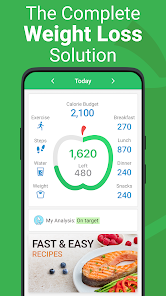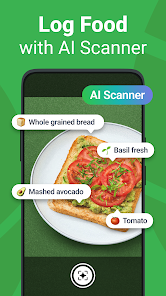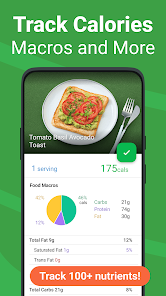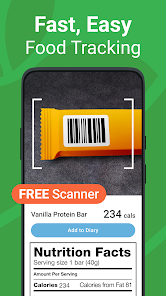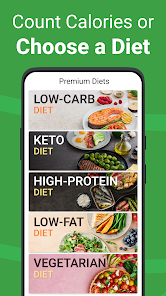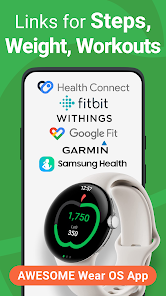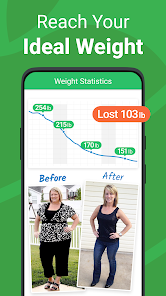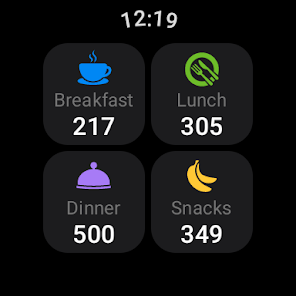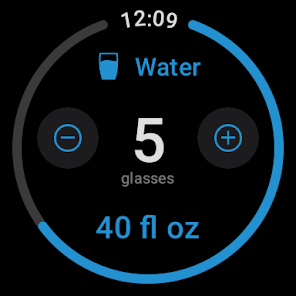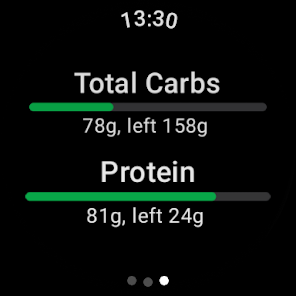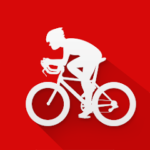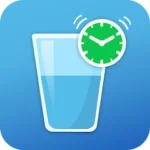Tracking Your Nutrition and Fitness: Exploring Calorie Counting Apps
Introduction
Managing your diet and fitness can be significantly easier with the help of technology. Calorie counting apps have become popular tools for tracking food intake, exercise, and overall progress toward health goals. This post explores the features and benefits of these apps, using apps like MyNetDiary as examples.
Main Features of Calorie Counting Apps
Calorie counting and diet tracking apps typically offer a range of features:
- Food Logging: This core feature allows users to easily record their food intake using various methods, such as searching a food database, scanning barcodes, or using voice input. Many apps offer extensive food databases with a large number of entries, often including barcode scanning for quick entry.
- Calorie and Macro Tracking: Apps calculate and track calorie intake and macronutrient breakdown (carbs, fat, and protein) based on the logged food. Apps can often track a wide range of nutrients beyond just macronutrients, providing a detailed overview of nutritional intake.
- Exercise Tracking: Users can log their physical activities, and the app calculates the estimated calories burned.
- Personalized Goals: Users can set personalized goals for weight loss, weight gain, or weight maintenance, and the app can provide guidance on calorie targets and macronutrient ratios.
- Progress Tracking and Reporting: Apps provide visual representations of progress through charts, graphs, and reports, helping users monitor their adherence to their goals.
- Dietary Guidance and Recommendations: Some apps may offer dietary advice and educational resources.
- Integration with Other Apps and Devices: Many apps offer integration with popular fitness trackers and other health platforms.
- Customization Options: Users can often customize dashboards, set reminders, and personalize other aspects of the app.
- Community Support: Some apps offer online communities where users can connect with others for support and motivation.
Calorie Counting Apps: Examples and Considerations
MyNetDiary is an example of a popular calorie counting app that incorporates many of these features, providing users with tools for food logging, exercise tracking, and progress monitoring. Like many similar apps, it may offer a premium version with additional features. When choosing a calorie counting app, consider factors such as the size and accuracy of the food database, the app’s user interface, available features, and whether it integrates with other apps or devices you use.
Frequently Asked Questions (FAQ)
- Q: How accurate are calorie counting apps?
- A: The accuracy depends on the user’s diligence in logging food accurately and the quality of the app’s food database.
- Q: Can these apps help with weight loss?
- A: Yes, these apps can be effective tools for weight loss by helping users track their calorie intake and create a calorie deficit.
- Q: Are there free and paid versions of these apps?
- A: Many apps offer a free version with core features and a paid premium version with additional functionalities.
- Q: What is the benefit of integrating these apps with fitness trackers?
- A: Integration allows for a more comprehensive view of your health and fitness by combining data from multiple sources, such as steps taken, calories burned through exercise, and food intake.
Final Words
Calorie counting and diet tracking apps can be valuable tools for managing your nutrition, fitness, and weight. By providing convenient ways to log food, track progress, and access helpful information, these apps can empower you to make informed decisions about your health. As always, consult a healthcare professional for personalized advice.

